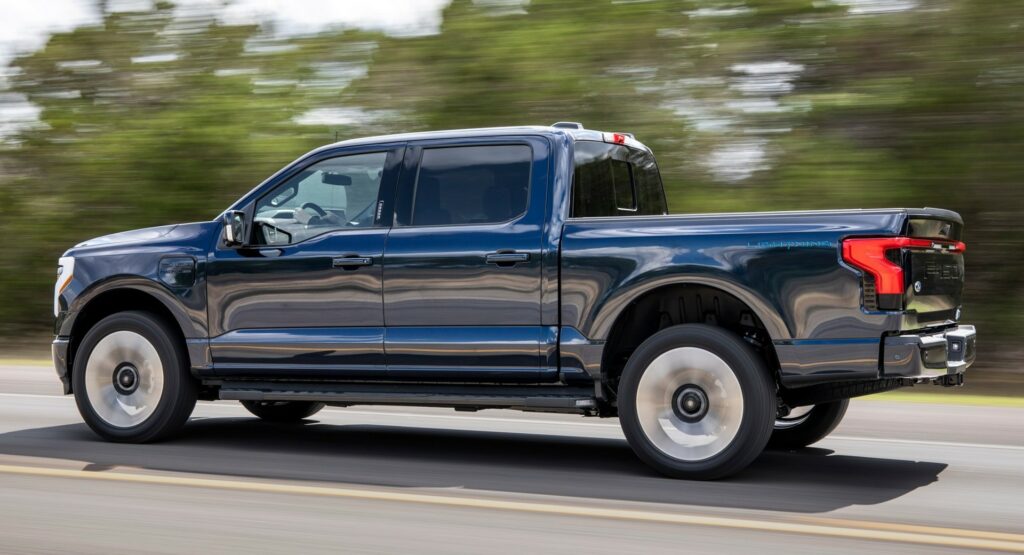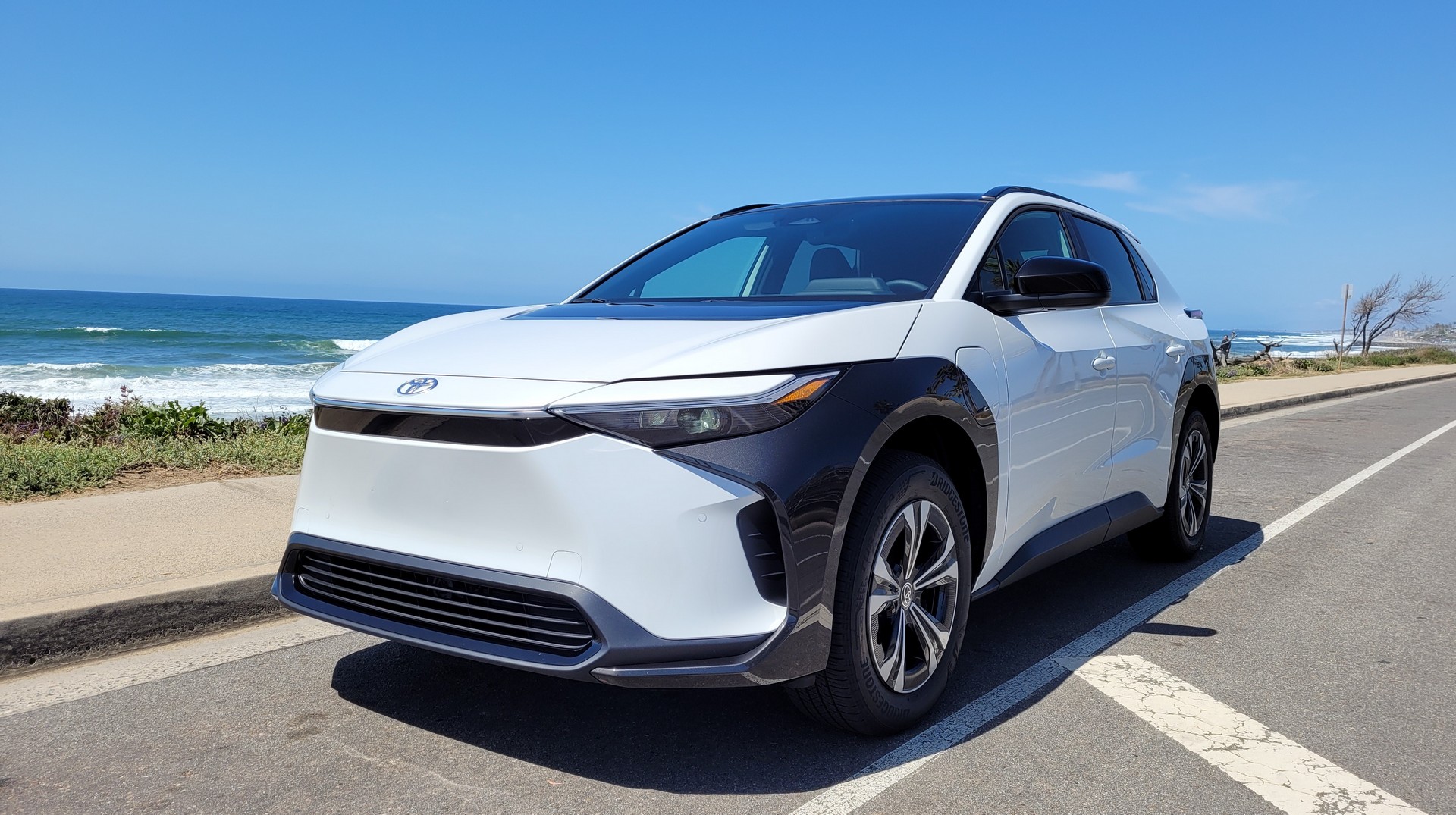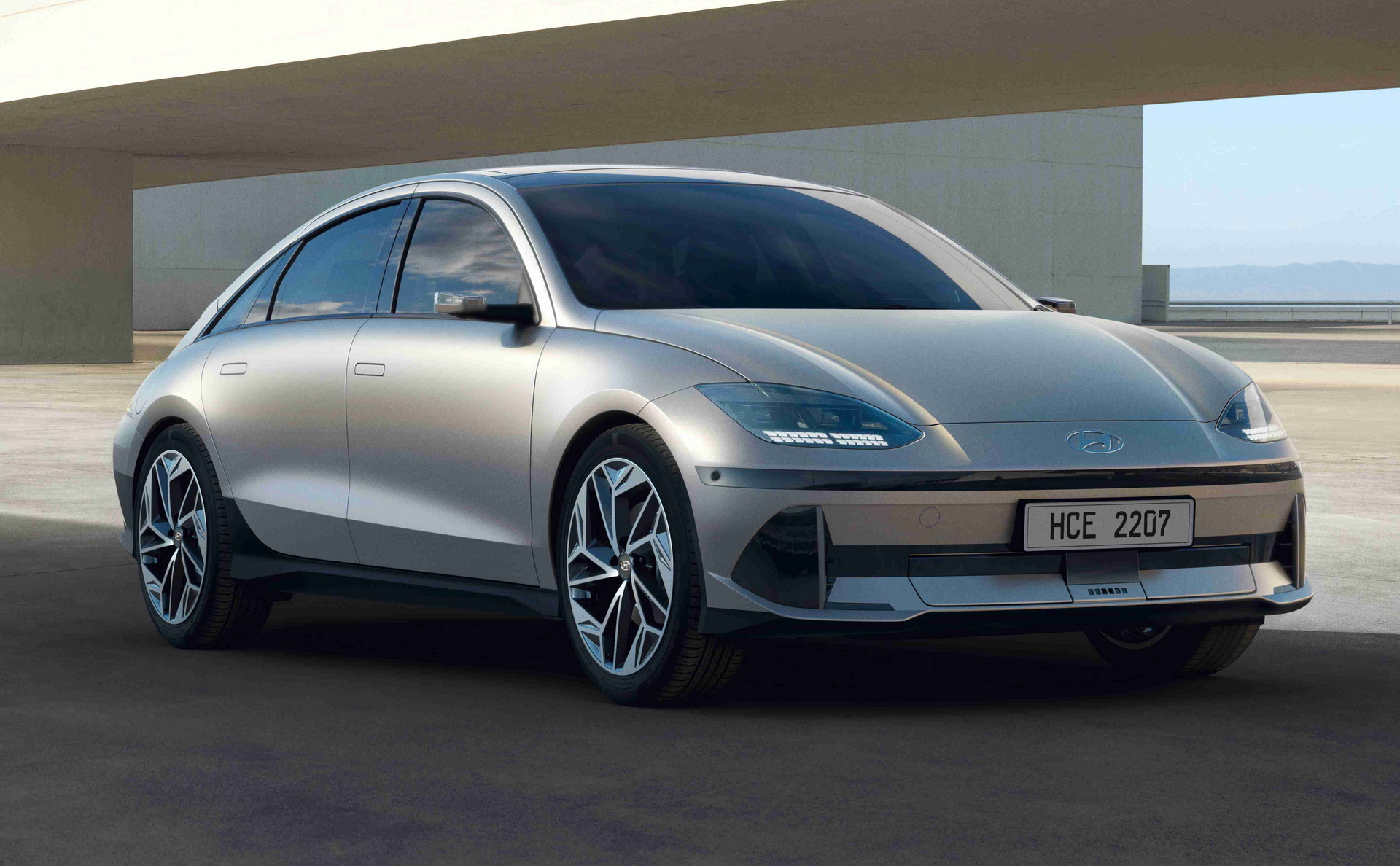The Inflation Reduction Act (IRA) continues to be at the center of a debate among automakers, suppliers, and other parties. Now, new documents related to the act show that Ford and Toyota both called on the government to relax requirements inside of the law. That’s in direct opposition to the stance that some of their own suppliers have taken.
The IRA refocused the development and manufacturing of electric vehicles and their battery components to North America. In the process, it made it so that many vehicles previously eligible for a federal tax credit no longer were. Before being passed into law, the United States Internal Revenue Service solicited public opinion on the provisions of the law. Those comments were made public on November 3.
Ford argued that “An overly expansive interpretation of this provision risks undermining” the law’s objectives by making the vehicle credits “largely unavailable.” It wants more flexibility in sourcing products. That’s in turn with a statement from the Alliance for Automotive Innovation (a lobby organization for automakers including Ford), which said that the IRS needed to “fully contemplate the complexity and structure of the battery supply chain.”
Read: European-Made EVs May Receive U.S. Federal Tax Credits
According to Automotive News, Toyota actually sent the U.S. Government a letter on Friday saying that Japan should be included as one of the sources eligible for tax credits. “America’s allies, most notably Japan, are at the core of America’s strategy to address vulnerabilities in critical supply chains,” it wrote.
On the other end of the spectrum, domestic mining organizations that stand to benefit from the act argued in favor of it. “The US cannot afford to outsource extraction and processing of hardrock minerals to foreign rivals… China is home to more than 75 percent of the world’s battery manufacturing capacity, and that dominance is built upon unrivaled control of mineral supply chains,” said the National Mining Association.
MiningMinnestoa, a coalition of mining-interested parties in the state, said that “To allow non-U.S. raw material to be included would create outcomes that were clearly not intended by Congress.” In the short term, a new bill might relieve some of the pressure that’s brewing. Introduced by four members of Congress last week, the bill would make it so that almost all EVs would again qualify for the tax credit until 2025. Some automakers, like Hyundai, have been in talks with the government with the hope of getting some sort of relief sooner rather than later.










